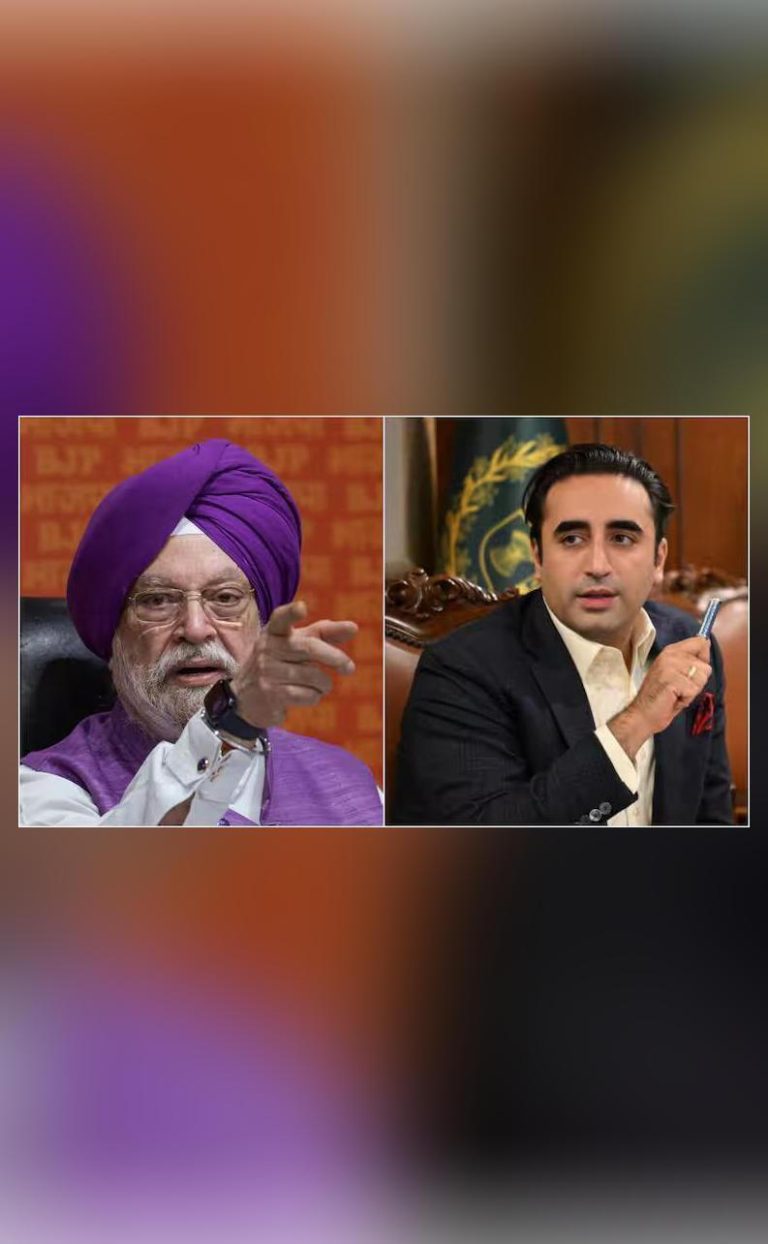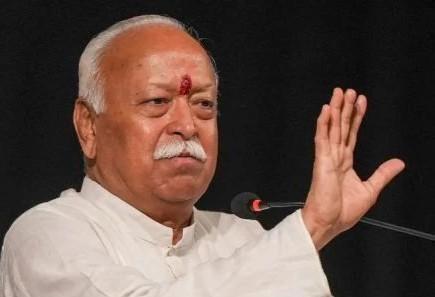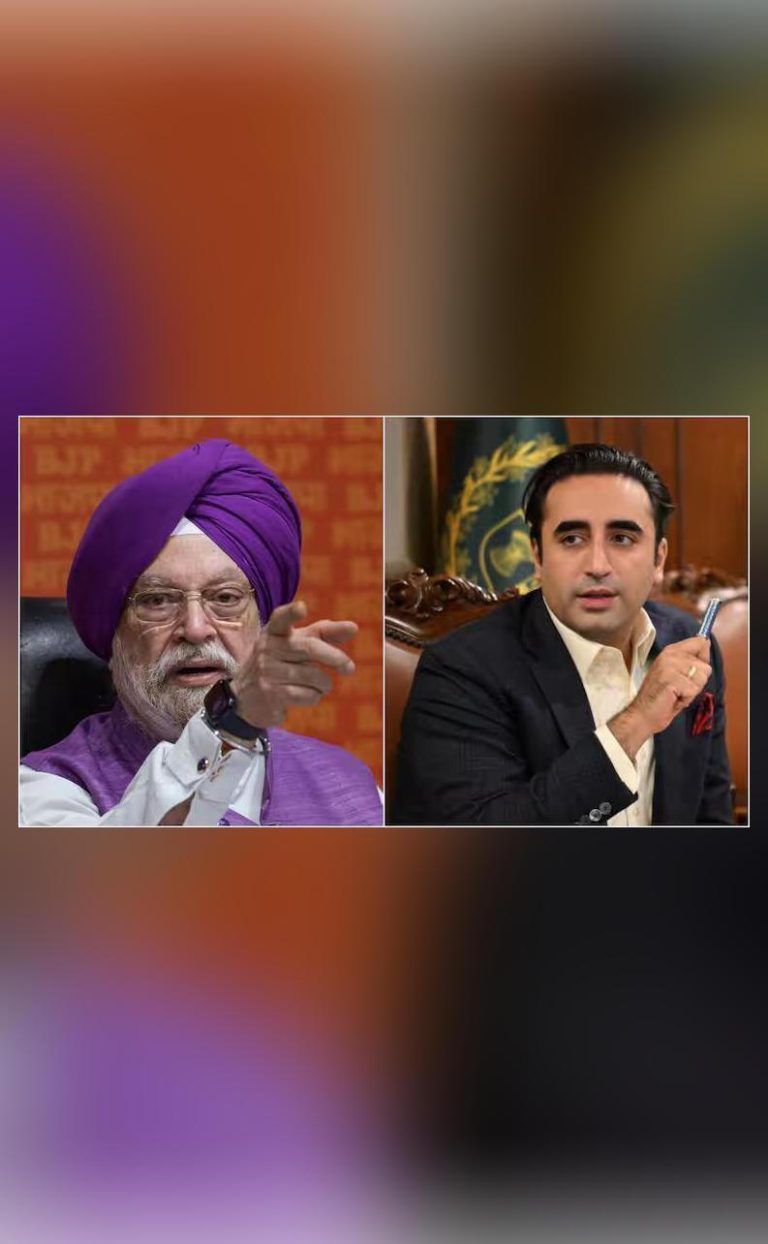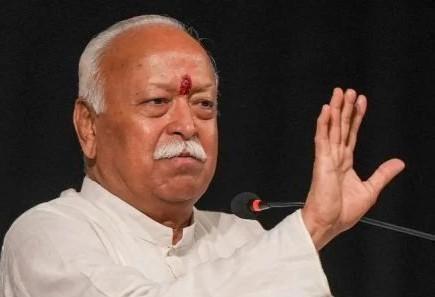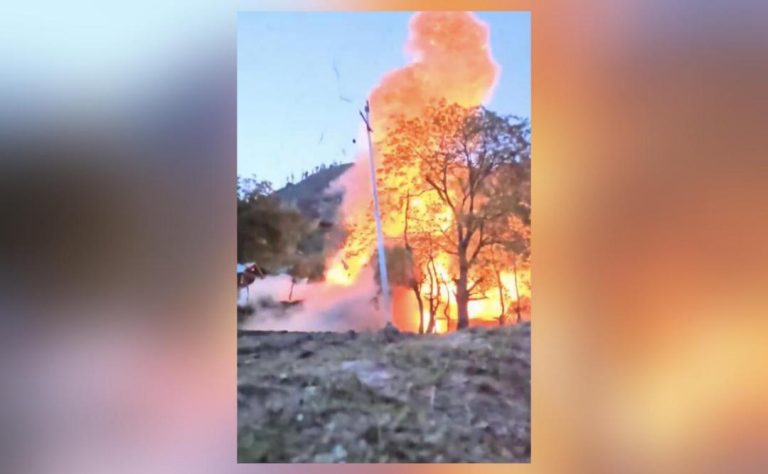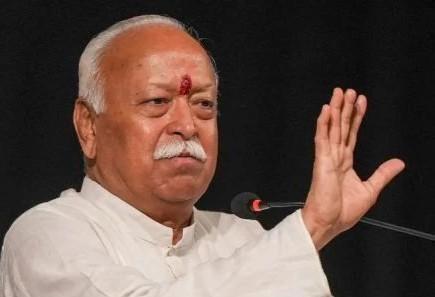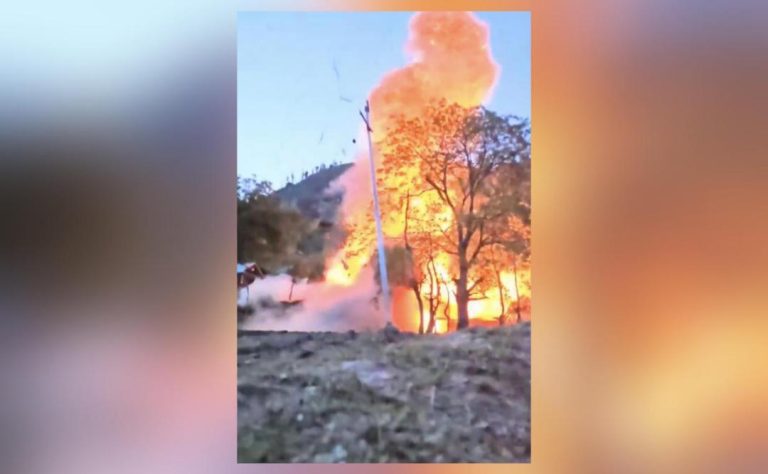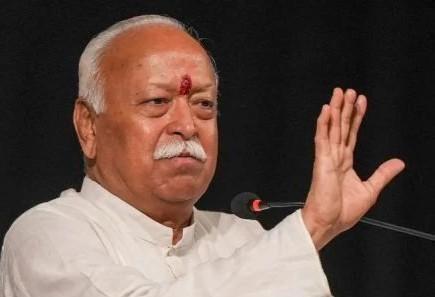
If someone turns to evil then we’ll teach lesson: Bhagwat on J&K attack
The recent terror attack in Pahalgam, Jammu and Kashmir, has sent shockwaves across the country, leaving many questioning the government’s handling of the situation. In a recent statement, RSS chief Mohan Bhagwat made some bold comments, saying that if someone turns to evil, then India will teach them a lesson. But what did he mean by this statement, and is it a viable solution to the problem of terrorism?
Bhagwat’s statement came as a response to the Pahalgam attack, which left several people injured and one person dead. The attack, which is believed to have been carried out by terrorists, has raised concerns about the safety and security of tourists and locals alike in the region.
In his statement, Bhagwat emphasized the importance of India’s non-violent philosophy, saying that it is an integral part of the country’s religious and cultural heritage. However, he also made it clear that the country will not hesitate to take action against those who are bent on causing harm.
“We never harm or disrespect our neighbours,” Bhagwat said. “But if someone is bent on being evil, what is the cure? The king’s duty is to protect the people, and he will do his duty.”
Bhagwat’s statement has sparked a lot of debate, with many people questioning whether a policy of teaching a lesson to those who turn to evil is an effective way to combat terrorism. Some have argued that such a policy is nothing more than a euphemism for violence and revenge, which will only perpetuate a cycle of violence and retaliation.
Others have argued that Bhagwat’s statement is a misguided attempt to justify the use of force against those who are perceived as a threat to the country. They point out that violence is not a viable solution to the problem of terrorism, and that it will only lead to more suffering and harm to innocent civilians.
Despite the controversy surrounding Bhagwat’s statement, it is clear that the RSS chief is speaking from a place of conviction and passion. He believes that the Indian government has a duty to protect its citizens, and that sometimes this requires taking action against those who are bent on causing harm.
But is this approach viable in the context of the current situation in Jammu and Kashmir? The region has been plagued by terrorism and violence for decades, and it is clear that a policy of teaching a lesson to those who turn to evil will not be enough to bring an end to the conflict.
In fact, many experts believe that the conflict in Jammu and Kashmir is a complex issue that requires a comprehensive and nuanced approach. They argue that the root causes of the conflict must be addressed, including poverty, unemployment, and political marginalization.
Furthermore, they point out that the use of force and violence will only exacerbate the situation, and that a more effective approach would be to focus on dialogue and negotiation. This would involve engaging with all stakeholders, including political leaders, civil society organizations, and the military, to find a peaceful and lasting solution to the conflict.
In conclusion, Bhagwat’s statement on the need to teach a lesson to those who turn to evil is a complex and controversial issue that has sparked a lot of debate. While it is clear that the RSS chief is speaking from a place of conviction and passion, it is important to consider the potential consequences of such a policy.
Is a policy of teaching a lesson to those who turn to evil a viable solution to the problem of terrorism, or is it simply a euphemism for violence and revenge? The answer to this question depends on a range of factors, including the specific circumstances of the conflict, the political and social context, and the values and principles that guide our actions.
Ultimately, it is clear that the Indian government has a duty to protect its citizens, and that this requires a comprehensive and nuanced approach that takes into account the complex and multifaceted nature of the conflict in Jammu and Kashmir.
Source:
